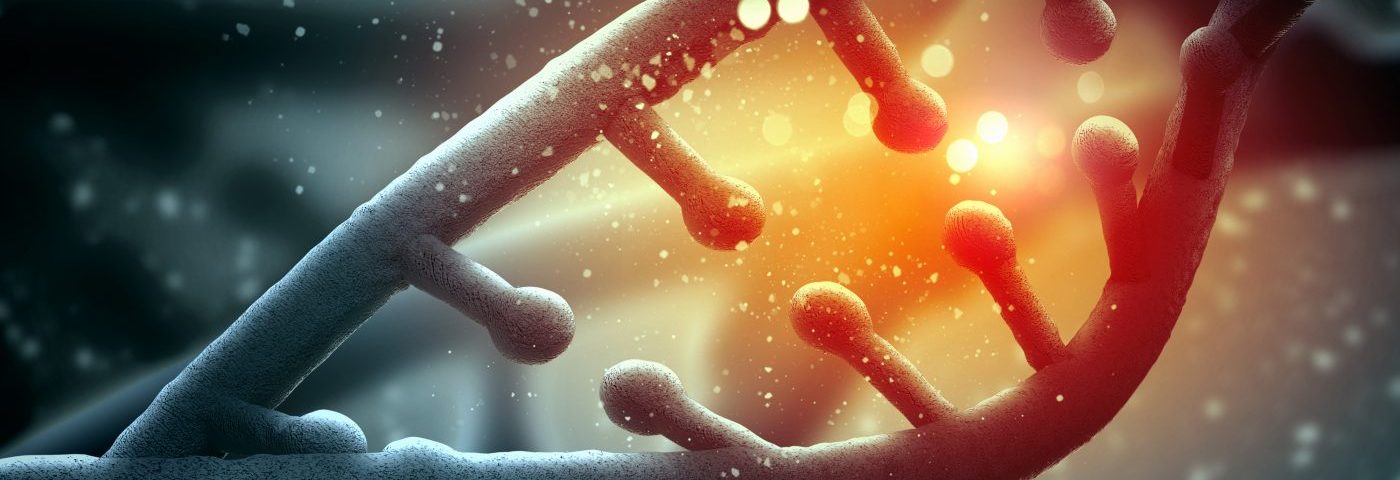During the transformation of cells into a malignant cancerous form, some tumor suppressor genes that are responsible for blocking this process are deleted. At times, this genomic editing process can also affect adjacent genes that normally are not related to cancer progression, an event described as collateral lethality.
Researchers have now found that when a common tumor suppressor gene, called SMAD4, is deleted, cells also lose a metabolic enzyme called malic enzyme 2 (ME2), making tumors rely on different metabolic enzymes to grow. Targeting these enzymes could effectively kill ME-deficient cells.
The study, “Genomic deletion of malic enzyme 2 confers collateral lethality in pancreatic cancer,” published in Nature, suggests that this approach could be used in a number of ME-deficient tumors, which include pancreatic, colon, and stomach cancers.
“In an effort to expand therapeutic strategies beyond oncogenic targets to those not directly linked to cancer development, we have identified collateral lethal vulnerability in pancreatic cancers that can be targeted pharmacologically in certain patient populations,” Prasenjit Dey, PhD, a postdoctoral fellow in cancer biology and co-author of the study, said in a press release.
Experiments in vitro and in animal models of pancreatic cancer showed that depletion of ME2 together with a sister gene called ME3 initiates a complex chain of events that block the correct metabolism of cancer cells. This genetic process created a cancer-specific metabolic vulnerability that inhibited cancer cell growth, offering a new therapeutic strategy for the treatment of this disease.
“Genomic data across several cancers further suggest this therapeutic strategy may aid many cancer patients, including those with stomach and colon cancers,” Dey said.
Targeting ME3 may be effective for many patients that carry the specific genetic SMAD4 and ME2 deletion. But the researchers highlight that further studies are required to confirm their findings.
“We propose that highly specific ME3 inhibitors could provide an effective therapy for many cancer patients, but more research must be done,” said Ronald DePinho, MD, professor of cancer biology, senior author of the study, and president of The University of Texas MD Anderson Cancer Center.


